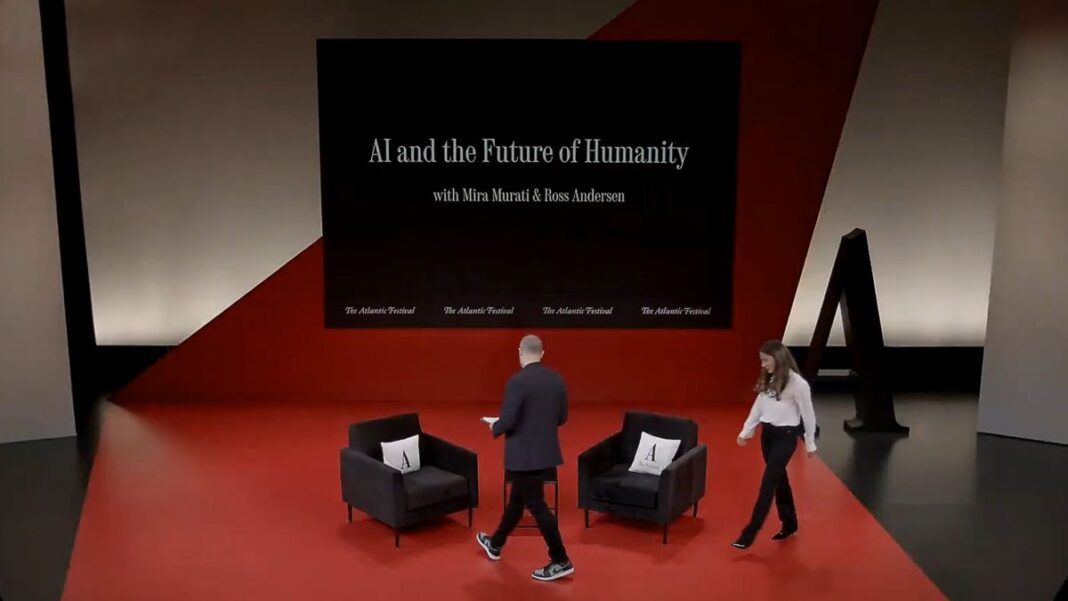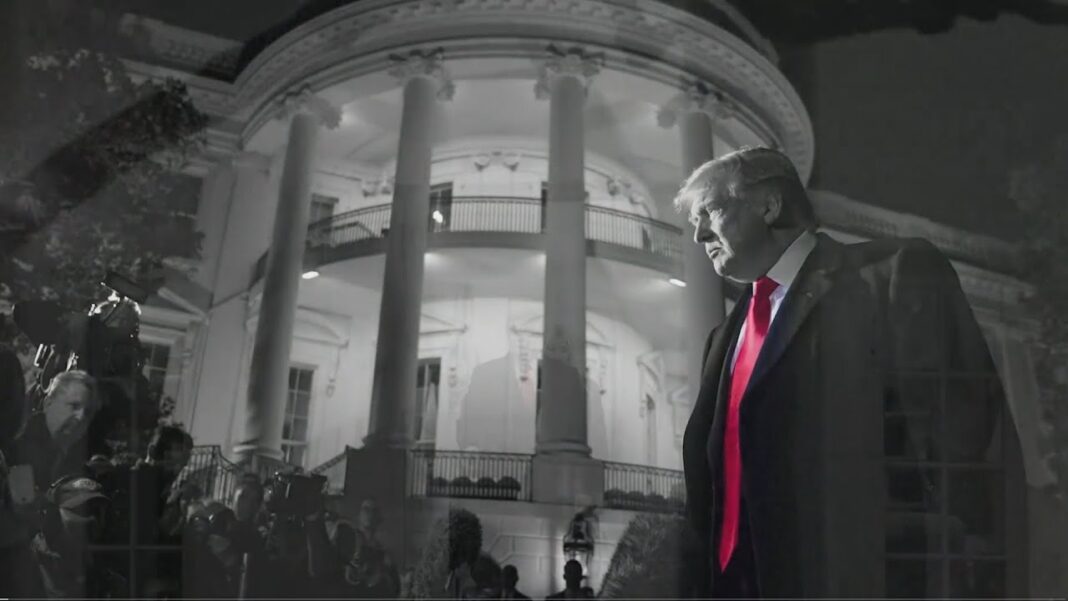Supreme Court Justice Clarence Thomas recused himself from a case involving his former law clerk and former Trump attorney, John Eastman.
The U.S. Supreme Court on Oct. 2 rejected an appeal from attorney John Eastman after a lower court found that he may have acted in a criminal manner regarding legal advice he provided to former President Donald Trump, prompting a recusal from Justice Clarence Thomas.
The Supreme Court left intact the lower court ruling that mandates that Mr. Eastman hand over emails to the House of Representatives’ Jan. 6 committee, which was dissolved earlier this year as Republicans took control of the chamber. Justice Thomas didn’t issue a written statement in the order, and the Supreme Court provided no reasoning for denying his petition.
“The petition for a writ of certiorari is denied,” the order said. “Justice Thomas took no part in the consideration or decision of this petition.”
Mr. Eastman, a former law professor, was once a clerk for Justice Thomas and reportedly was in contact with the justice’s wife, Ginni Thomas, in recent years. Last year, he denied correspondence with Ms. Thomas regarding “any matters pending or likely to come before the Court.”
His case concerns an attempt to block the U.S. House subcommittee’s efforts to force his former workplace, Chapman University, to provide emails.
Mr. Eastman had represented the former president in a lawsuit that sought to challenge voting results in four states, and he later spoke at the rally before the Jan. 6, 2021, Capitol breach. Mr. Eastman had theorized that then-Vice President Mike Pence could refuse to certify the 2020 election results during the Jan. 6 Joint Session of Congress. Mr. Pence ultimately did certify the election results.
That prompted Mr. Eastman to file a lawsuit in federal court to prevent his former employer from complying with the subcommittee’s subpoena. U.S. District Court Judge David Carter in Santa Ana, California, in 2022 ordered certain emails to be turned over, including those related to President Trump and Mr. Eastman’s court efforts to delay congressional certification after the 2020 election.






